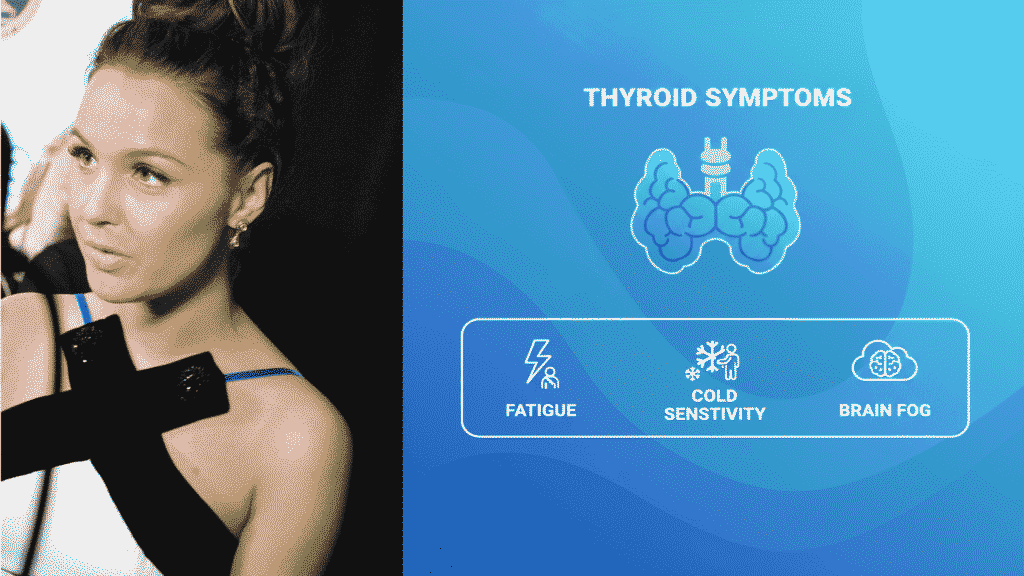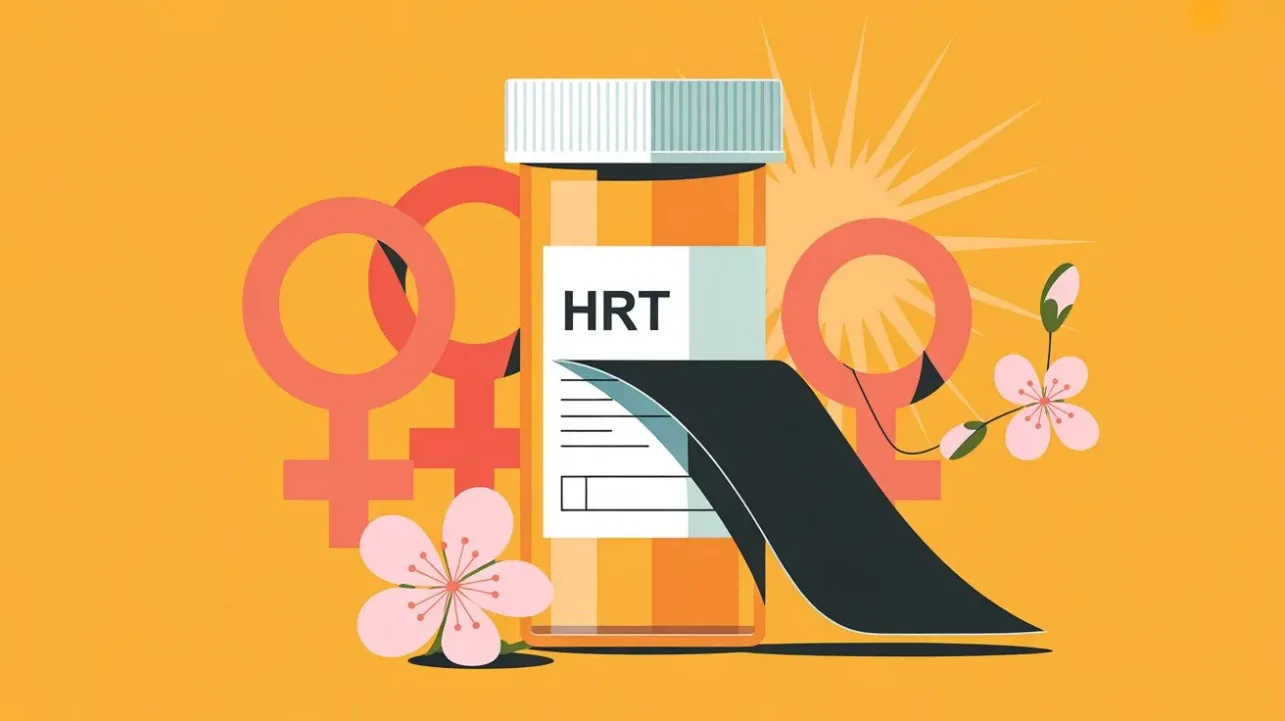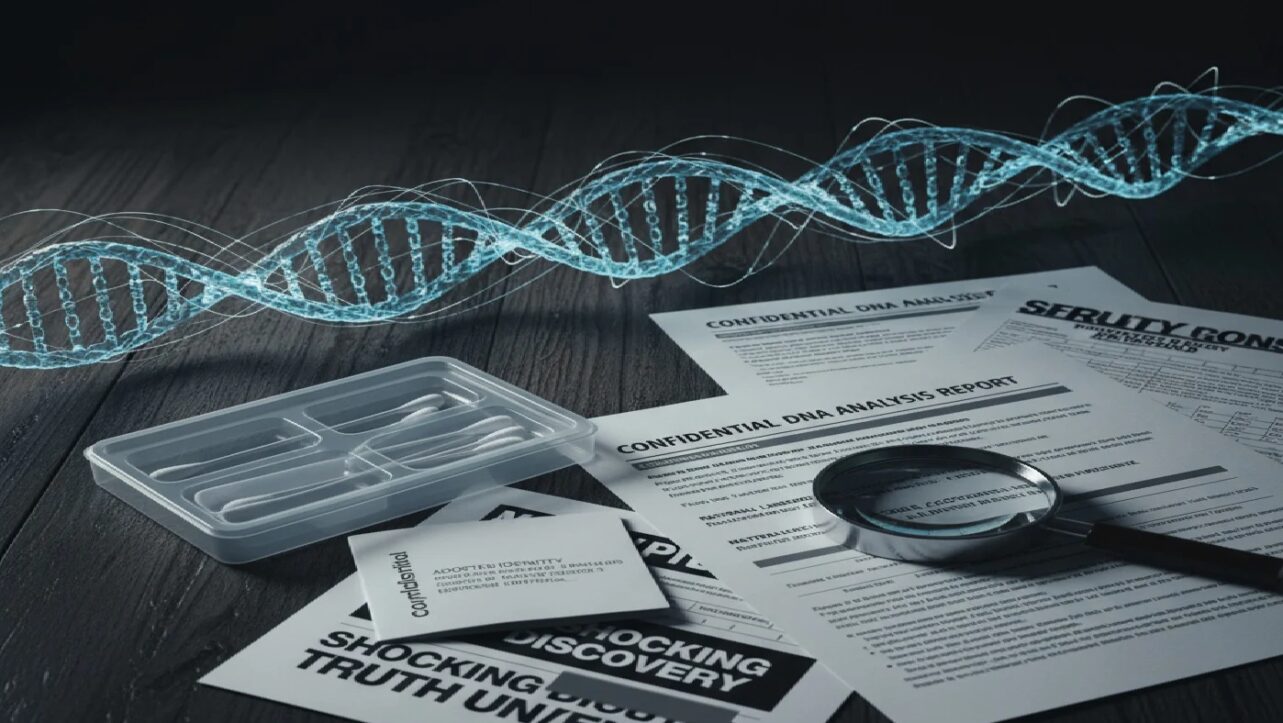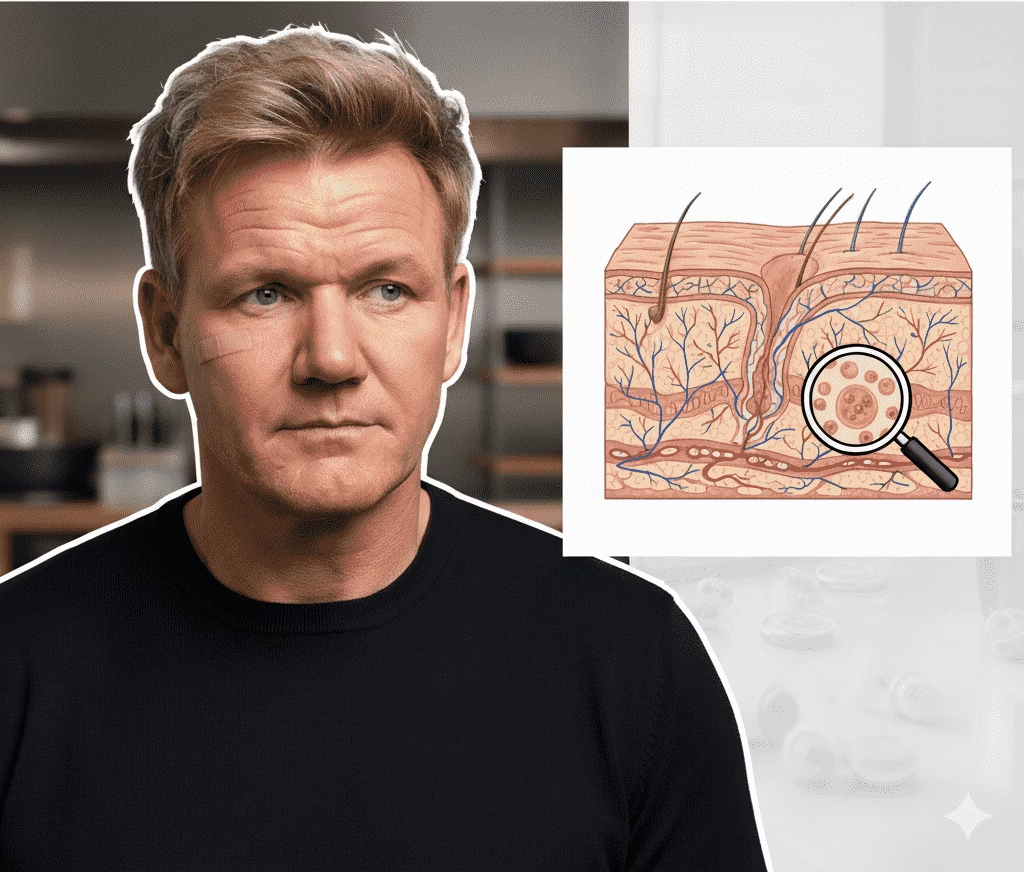Grey’s Anatomy star Camilla Luddington is opening up about her recent Hashimoto’s disease diagnosis, revealing how routine blood work finally explained years of unexplained fatigue, brain fog, and exhaustion that she had dismissed as normal aging. The 41-year-old actress, who portrays Dr. Jo Wilson on the long-running ABC medical drama, shared her health journey in an exclusive interview with PEOPLE on October 4, 2025, just months after first disclosing the diagnosis on her podcast.
“It’s still new to me,” Luddington explained. “I got the diagnosis at the beginning of summer, so I’m fresh into this journey. I am on Levothyroxine, which is a thyroid medicine, and I can tell you that a lot of things have changed“.
Dismissed Symptoms as “Just Getting Older”
For years, Luddington experienced debilitating symptoms that significantly impacted her quality of life but never suspected a medical cause. On her podcast- Call It What It Is with co-star Jessica Capshaw, she revealed, “Long as you’ve been listening to us, you’ve known that I joke about being slothy. Just a little slower. Slower, tired, wanna be in bed, love a nap. It never occurred to me that there could be a medical reason for that“.
The British actress attributed her constant fatigue, cold sensitivity, and sluggishness to perimenopause and aging—an all-too-common mistake many women make when thyroid dysfunction begins developing gradually. “I didn’t realize how exhausted my body was” she admitted during the podcast episode that aired August 6, 2025.
Her husband Matthew Alan would tease her about piling “40 blankets” on the bed at night due to her extreme cold sensitivity, a classic symptom of hypothyroidism that she hadn’t recognized as medically significant.
Routine Blood Work Revealed the Truth
The diagnosis came about two-and-a-half months before her August podcast revelation, following routine annual blood work that Luddington admitted she had been putting off. “It came back, and my doctor was like, ‘Everything looks great except this one little thing,'” she recalled.
When her doctor mentioned “autoimmune disease,” Luddington’s initial reaction was shock. “I remember hearing the words autoimmune disease and thinking, ‘What the f***?‘” she said candidly. However, her doctor quickly reassured her that Hashimoto’s hypothyroidism is “very common,” particularly among middle-aged women.
Despite feeling “a little freaked out” initially, Luddington ultimately experienced relief at having an answer to symptoms she’d been experiencing for years. “I felt like I had the answer for something that I’ve been knowing is going on. And I have health anxiety, so there was a part of me that was like, ‘Am I gaslighting myself?'” she told listeners.
Dramatic Improvements Since Starting Treatment
Since beginning treatment with Levothyroxine (the standard thyroid hormone replacement medication), Luddington has experienced remarkable transformations in her health and energy levels.
“I feel like I have so much less inflammation,” she shared in her October interview. “I was very puffy all the time, not knowing why I was exhausted. I was not working out. I hadn’t seen a workout class in years, and I’m back at Barry’s bootcamp lifting weights“.
The actress emphasized that her improvements go beyond physical fitness: “I feel more myself. I feel like I have more energy for work, for my family“.
In addition to medication, Luddington has made significant dietary modifications, including eliminating gluten from her diet—a change many Hashimoto’s patients find beneficial. “It feels like a lot of self-care at this point, just avoiding gluten and all these things that I’m sort of learning,” she explained.
She checks in with her doctor every six weeks to monitor her thyroid hormone levels and medication dosage, a standard protocol for hypothyroidism management.
What is Hashimoto’s Disease?
Hashimoto’s disease, also called Hashimoto’s thyroiditis or chronic lymphocytic thyroiditis, is an autoimmune disorder in which the immune system mistakenly attacks the thyroid gland. This butterfly-shaped gland at the base of the neck produces hormones that regulate metabolism, body temperature, heart rate, energy levels, and numerous other bodily functions.
In Hashimoto’s disease, white blood cells and antibodies gradually damage the thyroid’s hormone-producing cells, leading to decreased thyroid hormone production—a condition called hypothyroidism. The disease typically progresses slowly over months to years.
Common Symptoms Include:
- Persistent fatigue and sluggishness
- Increased sensitivity to cold temperatures
- Unexplained weight gain or difficulty losing weight
- Dry skin and thinning hair
- Muscle weakness and joint pain
- Brain fog and difficulty concentrating
- Depression and mood changes
- Constipation
- Puffy face and swelling
- Irregular or heavy menstrual periods
- Slowed heart rate
Because symptoms develop gradually and overlap with many other conditions (including normal aging, perimenopause, stress, and depression), Hashimoto’s often goes undiagnosed for extended periods.
Why Women Are at Higher Risk
While Hashimoto’s disease garners significant attention when celebrities like Luddington share their diagnoses, it represents a substantial public health concern, particularly for women who are disproportionately affected by thyroid disorders.
Hashimoto’s thyroiditis is the most common autoimmune thyroid disorder, with prevalence rates of 1-4% globally. Women are approximately 5 to 10 times more likely to develop Hashimoto’s disease than men, with the condition typically emerging during middle age, though it can occur at any age.
The risk increases significantly during hormonal transitions, including pregnancy, postpartum periods, and perimenopause—times when women may mistakenly attribute symptoms like fatigue and weight changes to these natural life stages rather than an underlying medical condition. This is precisely what happened to Luddington, who initially dismissed her symptoms as perimenopause and normal aging.
Studies show that among women presenting with menstrual irregularities, hypothyroidism prevalence can be significantly elevated, making thyroid screening particularly important for women experiencing reproductive health issues.
The Importance of Screening and Early Diagnosis
Luddington’s story underscores a critical public health message: routine thyroid screening can identify problems before they severely impact quality of life.
The diagnosis of Hashimoto’s disease and hypothyroidism requires simple blood tests measuring:
- TSH (Thyroid Stimulating Hormone): Elevated levels indicate the thyroid isn’t producing enough hormone
- Free T4 and Free T3: Thyroid hormone levels
- Anti-thyroid antibodies: Including anti-TPO (thyroid peroxidase) and anti-thyroglobulin antibodies, which confirm autoimmune thyroid disease
Medical experts recommend that women, particularly those over 35, pregnant women, and individuals with a family history of thyroid disorders, should undergo regular thyroid screening.
Celebrities Raising Awareness
Luddington joins several other celebrities who have publicly shared their autoimmune disorder diagnoses in recent years, including:
- Gigi Hadid: Hashimoto’s disease
- Zoe Saldana: Hashimoto’s thyroiditis
- Daisy Ridley (Star Wars): Graves’ disease (another autoimmune thyroid condition)
- Erin Moriarty (The Boys): Autoimmune disorder
- Wendy Williams: Graves’ disease
These public disclosures play an important role in raising awareness about autoimmune conditions that often remain invisible despite their significant impact on quality of life.
Key Takeaways
Camilla Luddington’s Hashimoto’s diagnosis story offers several important lessons for public health:
- Don’t dismiss persistent fatigue: What seems like normal aging or stress may have an underlying medical cause
- Routine blood work saves lives: Simple thyroid function tests can identify problems early
- Treatment works: With proper medication and lifestyle adjustments, most people with Hashimoto’s can return to normal energy levels and quality of life
- Women are at higher risk: Particularly during reproductive years and perimenopause
- Early intervention matters: The sooner hypothyroidism is diagnosed and treated, the better the outcomes
Luddington’s openness about her diagnosis serves as a timely reminder of the importance of thyroid screening and the life-changing impact proper treatment can provide, especially for women who often dismiss symptoms as normal parts of aging or hormonal changes.
If experiencing persistent fatigue, cold sensitivity, unexplained weight changes, or other symptoms of hypothyroidism, consult a healthcare provider and request thyroid function testing.




















